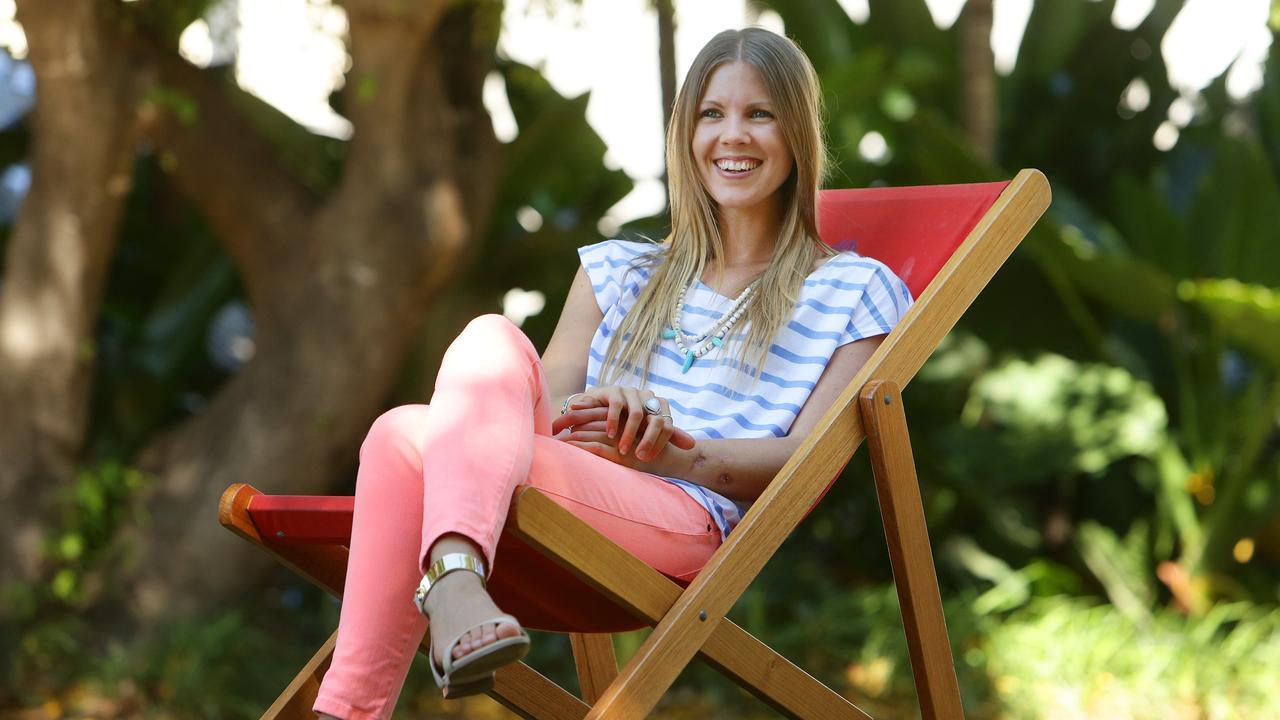
In an extraordinarily tin-eared exercise in understanding diversity, the ABC has sent a staff survey to on-air talent asking them about their sexuality and gender identity, among other things.
The questionnaire closed on Friday and staff were told in an email from ABC talent manager Meagan Loader that the national broadcaster had never gathered this information before and would use the results to “run reports” and “guide priority areas for future talent development”.
The survey process aimed to ensure the ABC would “look and sound like modern Australia” as well as continuing “to be a great place to work for people from all backgrounds and life experiences, and to keep bringing diverse Australian stories to our audience”.
READ MORE: ABC staff ‘diversity’ survey seeks ethnic, gender, sexuality data
A copy of the introductory email found its way to me, but I have not seen the actual survey questions, which can only be completed via the ABC’s internal online systems. It says all questions are optional.
An anonymous respondent has confirmed the questions focused on the identity issues mentioned in the email and that neither religion nor politics factored in the mix.
It is not known how many staff participated, although some presenters told me they were unaware of it, others declined to offer an opinion and Melbourne radio’s Raphael Epstein said he was “fine” with the survey but a little agitated about my commentary.
To comprehend the intrusiveness of the ABC’s survey you might consider how the national broadcaster would cover revelations a private company asked similar questions of its staff.
Imagine the quite understandable outrage if a large corporation asked employees to provide notification of their sexuality, gender identity, ethnicity or religion.
It is a fair bet ABC journalists would report it as a scandal. And they would have a point. Perhaps legal action might eventuate; it would depend on the circumstances and the attitudes of staff and unions.
It is ironic the ABC, along with other media, are engaged in a “right to know” campaign against government secrecy. This survey also coincides with the debate over religious freedom laws.
Yet here is aunty asking for information from its staff it has no right to know and possibly putting pressure on people over their personal identity and practices — that’s just the sort of potential discrimination from which religions are seeking protection.
On this level the survey is a boneheaded example of a major public sector employer tramping on the privacy rights of its staff.
Sure, they would say the survey is optional rather than compulsory and the data would be used without personally identifying individuals. Cold comfort.
We have seen enough accidental privacy breaches by the ABC and other organisations to know such data is never safe.
And do those who didn’t respond worry that they’ve been noted as non-compliant?
And we only have to look at the wording of the survey to understand how employees might have felt pressured to respond.
“WE NEED YOU,” was the capitalised headline that went on to say: “please provide us some info about yourself, including things like your ethnicity, gender identity, sexuality and what languages you speak”.
It is not hard to imagine people being insulted or offended that these aspects of their personal life should have any bearing on professional assessments.
And it’s not difficult to imagine a middle-aged, CIS-gendered, white, heterosexual man who speaks only English toying with the idea of inventing some gender or sexual fluidity lest they lose their job in future culls of over-represented groupings.
Can we expect to see gender quotas, sexuality quotas and race or religion quotas? This is irksome and speaks less of diversity than it does of division.
Besides, it is frankly embarrassing that such a survey would even be required in order to make assessments about such matters of identity and diversity.
Any producer or station manager who didn’t have some sense of the ethnic background, gender identity, language skills, sexuality, cultural or religious connections of their on-air staff either doesn’t know their colleagues or is dealing with people who closely guard their privacy on such matters.
Yet the real insight we get from this silly survey is how the ABC is focused on the most superficial areas of diversity, showing disregard for the diversity that really matters at a national broadcaster.
Yes, of course aunty should employ as many women as it does men and there should be a lively mix of ethnic backgrounds reflecting the diversity of this nation.
That should occur quite naturally if it employed people broadly around the nation.
But more than half its staff is in NSW and most of them are in the inner-city Ultimo headquarters.
Once you consider the Southbank fortress in Melbourne, you see how the ABC is primarily an inner-city, Melbourne and Sydney organisation. The overwhelming majority of it senior staff live in the few areas in the nation where the political battleground lies between Labor and the Greens. Little wonder they are out of touch.
And yet, when they survey staff it is their sexuality, gender and ethnicity that they see as critical.
What difference does any of this make to the way they report and interpret this nation?
What if the survey finds the ABC has a higher proportion of gays than the nation as a whole?
Will they try to redress their imbalance? This stuff is horrid.
What matters is ideological or political diversity. What matters is whether the ABC is almost exclusively the domain of progressive and Green-left perspectives, a cultural institution where conservatives are unknown and mainstream values of Australia are misunderstood or even derided.
What matters is whether ABC presenters understand mainstream values like the fair go, aspiration, home ownership, self-reliance, patriotism, free speech, secure borders, personal responsibility and the primacy of family.
What matters is whether ABC presenters could debate this stuff or just all nod in agreement.
What matters is not skin colour or sexuality but ideas, values and a variety of mainstream perspectives. But the survey didn’t ask them about any of that.



